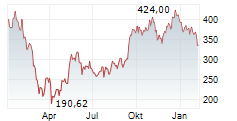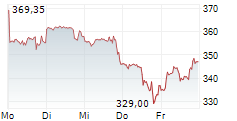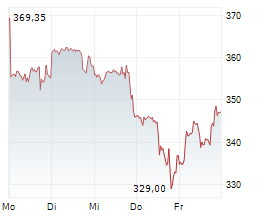WASHINGTON (dpa-AFX) - Luxury EV maker Tesla Inc. (TSLA) is recalling 376,241 vehicles in the U.S. due to potential power steering assist software failure that could result in an increase in steering effort and raise the risk of a crash, according to a statement by the National Highway Traffic Safety Administration (NHTSA) on Friday.
The recall involves Tesla 2023 Model 3 sedans and Model Y crossover SUVs that are running older software versions prior to 2023.38.4. The recall follows a year-long investigation by the NHTSA after Tesla owners reported steering issues.
The use of older software version could lead to overvoltage that could overstress motor drive components on the printed circuit board for the electronic power steering assist. This can lead to a loss of power steering assist when the vehicle comes to a stop and then accelerates again.
The loss of power could require more effort to control the car by drivers, particularly at low speeds, increasing the risk of a crash. However, Tesla is not aware of any reports of crashes, injuries, or deaths related to the condition.
Tesla has released an over-the-air (OTA) software update to fix the issue, with the affected vehicles receiving the update remotely without any physical repairs at Tesla service centers.
This is the second major recall this year by Tesla after it recalled about 239,000 vehicles in January due to rear-view camera issue that could increase the risk of collisions.
In December 2024, Tesla had recalled nearly 700,000 vehicles due to issues with the warning light of the tire pressure monitoring system (TPMS). The issue affected 2024 Cybertruck, 2017-2025 Model 3, and 2020-2025 Model Y vehicles. This was also rectified with the release of an over-the-air software update for free.
In July 2024, Tesla recalled about 1.85 million vehicles in the U.S. due to risk of software failure to detect an unlatched hood. It affected certain 2021-2024 Model 3, Model S, Model X, and 2020-2024 Model Y vehicles. The issue was rectified with an over-the-air software update.
Copyright(c) 2025 RTTNews.com. All Rights Reserved
Copyright RTT News/dpa-AFX
© 2025 AFX News




